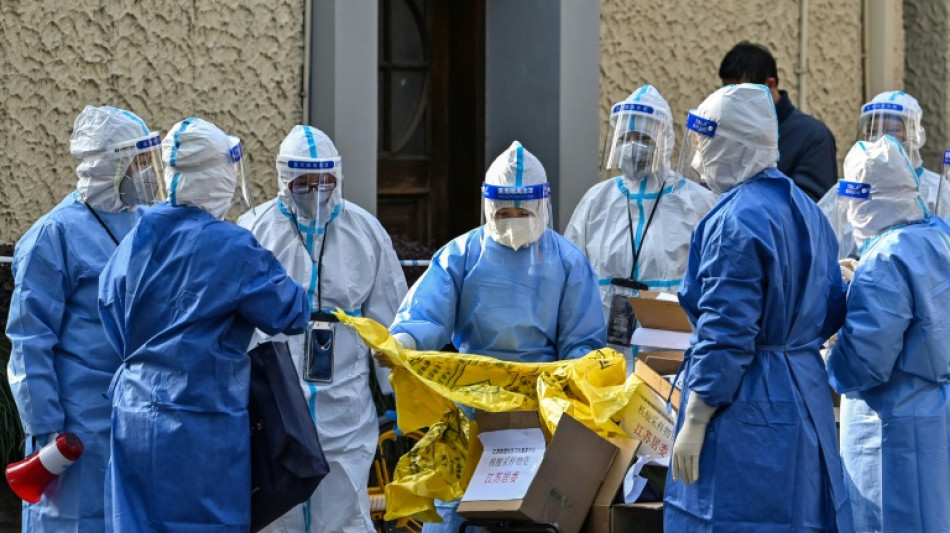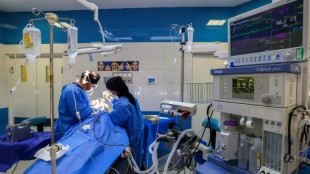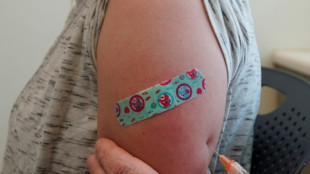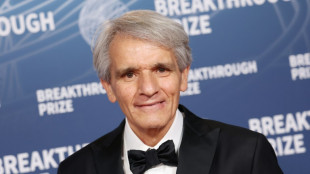

'China's Fauci' calls for protecting 'normal life' in Omicron fight
A top doctor in China's pandemic fight who came under pressure last year for questioning the country’s zero-Covid policy has called again for balancing anti-virus measures with maintenance of normal life as China struggles with an Omicron surge.
Shanghai infectious disease expert Zhang Wenhong -- who has been called "China's Fauci" after US disease expert Anthony Fauci -- also said in a blog post that the city's medical resources were becoming "strained" as cases climb, but he expects the metropolis to turn the corner soon.
Zhang's comments may indicate officials' growing tolerance for those questioning zero-Covid as patience with draconian lockdowns wears thin.
"In the future pandemic fight, maintaining normal life should be placed in a position of equal importance with (virus screening)," Zhang posted on China's Twitter-like Weibo platform Thursday.
"We hope that we can minimise the impact on our lives as much as possible."
The post was liked, reposted or commented on more than two million times by midday Thursday.
China is experiencing its worst Covid-19 outbreak since the start of the pandemic more than two years ago, with Shanghai, the country’s biggest city, an epicentre.
More than 4,800 new cases were reported nationwide Thursday -- a figure that while minuscule compared to other countries, has frustrated Beijing's zero-Covid strategy of keeping cases low through targeted lockdowns, mass testing and travel restrictions.
While some northeastern Chinese cities have imposed full lockdowns on millions of people, Shanghai has sought to minimise disruption with targeted neighbourhood quarantines and mass testing of the roughly 25 million people.
But residents have expressed alarm online as cases rise, and have complained of difficulty accessing hospitals that have imposed tight restrictions to prevent the virus from spreading inside.
Criticism of the government's zero-Covid policy has met political backlash in the past.
Similar comments last year by Zhang, head of infectious diseases at a leading Shanghai hospital, drew attacks from nationalists who accused him of "pandering to foreign ideas".
China's doctors have had to weigh their comments carefully since the virus' emergence in Wuhan in late 2019 when a group of medical workers in the central city came under police pressure for trying to raise alarm.
But the highly transmissible Omicron variant appears to be softening official attitudes.
Authorities on Wednesday urged the public not to spread rumours that cause "panic", after a surge in orders for groceries and basic supplies by anxious consumers fearing continued lockdowns.
Zhang said he had made his rounds in Shanghai's viral hotspots and acknowledged that the rolling, localised lockdowns had imposed public hardship and that medical resources were "strained".
The city’s battle against Covid-19 was at a "stalemate" and faced "great difficulties," he said.
But Zhang added that screening measures were beginning to turn up fewer cases in previously untested neighbourhoods, indicating that the Omicron-fuelled surge could be waning.
喬-H.Qiáo--THT-士蔑報




